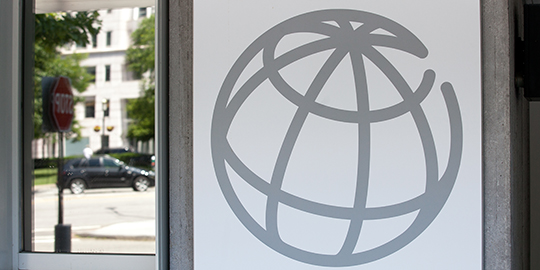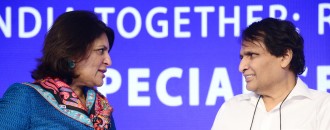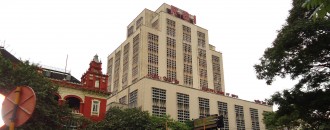
Increase in US monetary policy rate to affect capital flows in to developing economies in 2015: World Bank
Developing countries face a series of tough challenges in 2015, thus resulting in fourth consecutive year of disappointing economic growth this year, says the World Bank Group. In its report titled Global Economic Prospects (GEP) 2015, the World Bank Group cited impact of looming monetary tightening cycle in the United States and consequences of low commodity prices as key confrontations being faced by policy makers across the world and especially in emerging economies and low-income countries. Looming prospects of higher borrowing costs are expected to be major challenges for developing nations as they adapt to a new era of low prices for oil and other key commodities. ‘An expected liftoff in the US interest rates will make borrowings much expensive for the emerging and developing economies over coming months,’ noted the report. It also added that the process is likely to unfold smoothly since the US economic recovery is continuing and interest rates remain low in other major global economies. However, the US monetary policy rate increase is likely to dampen capital flows to developing economies gradually, but, is not expected to cause any major turbulence. The rate increase, besides causing hike in global borrowing costs, is also expected to bring in investor discrimination between countries based on their vulnerabilities and structural strengths, thus affecting capital flows. According to the report, while the global economy is expected to grow 2.8% in 2015 and moderately to 3.2 % in 2016– 17, the growth in developing countries, battered by the stronger dollar, falling commodity prices, is expected to fall to 4.4% in 2015 and would further pick up momentum and reach 5.3% in 2016–17.
June 11, 2015 | 7:53 pm IST.






 to success.
to success.